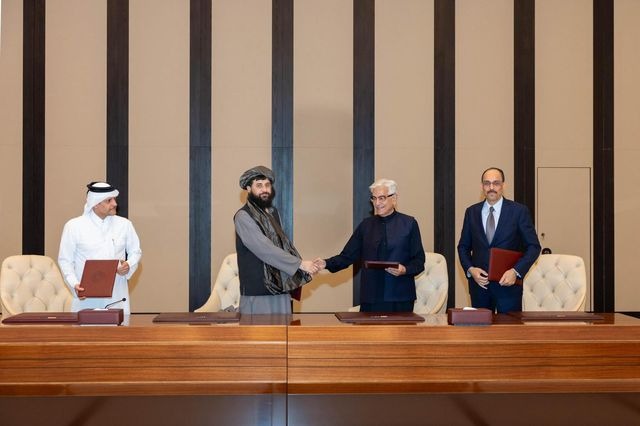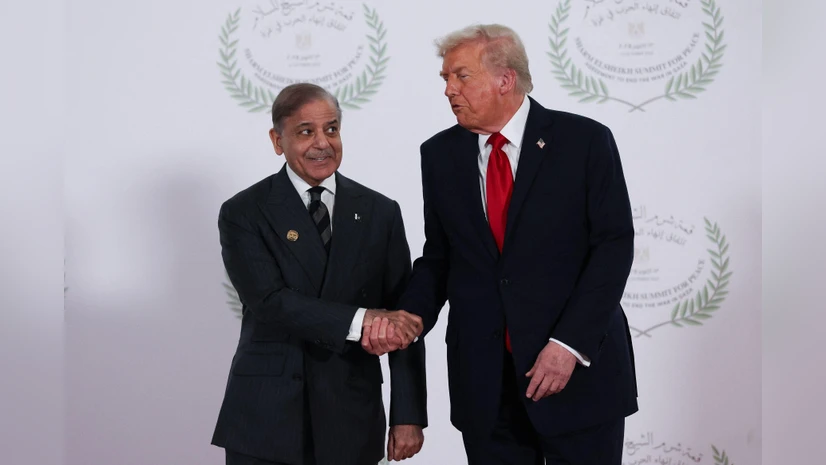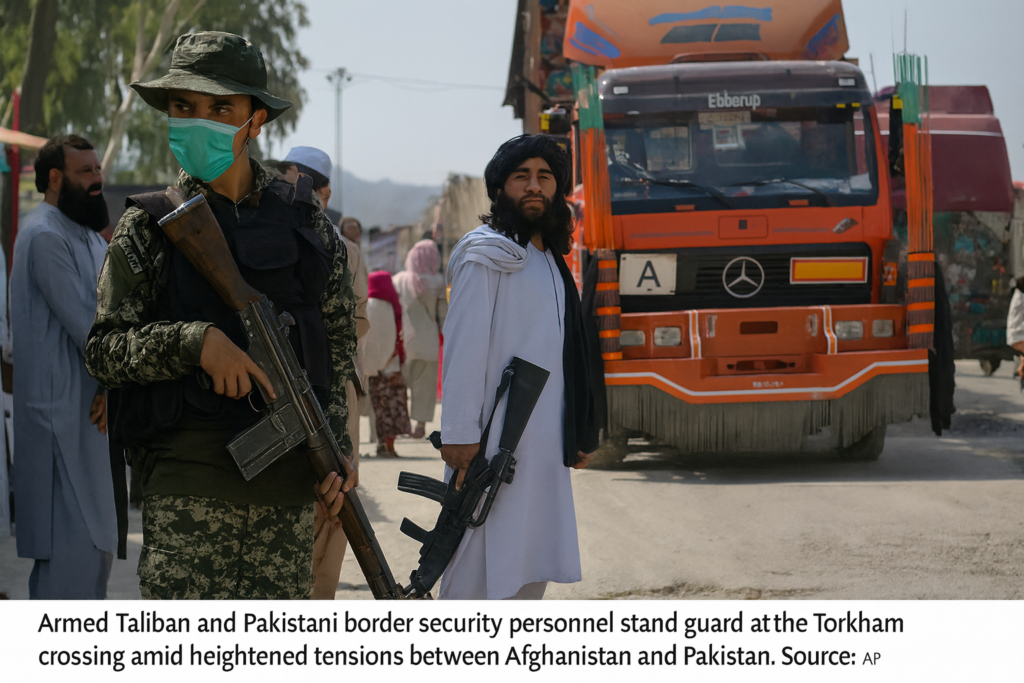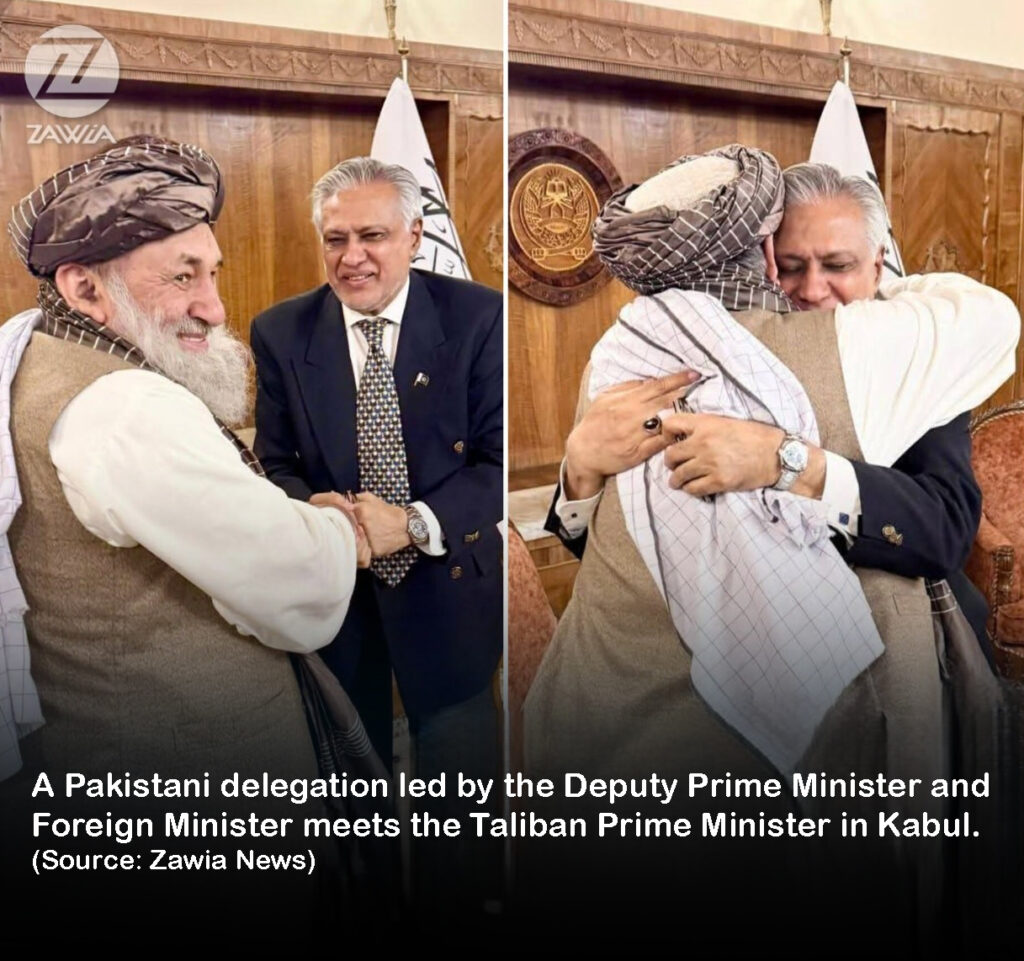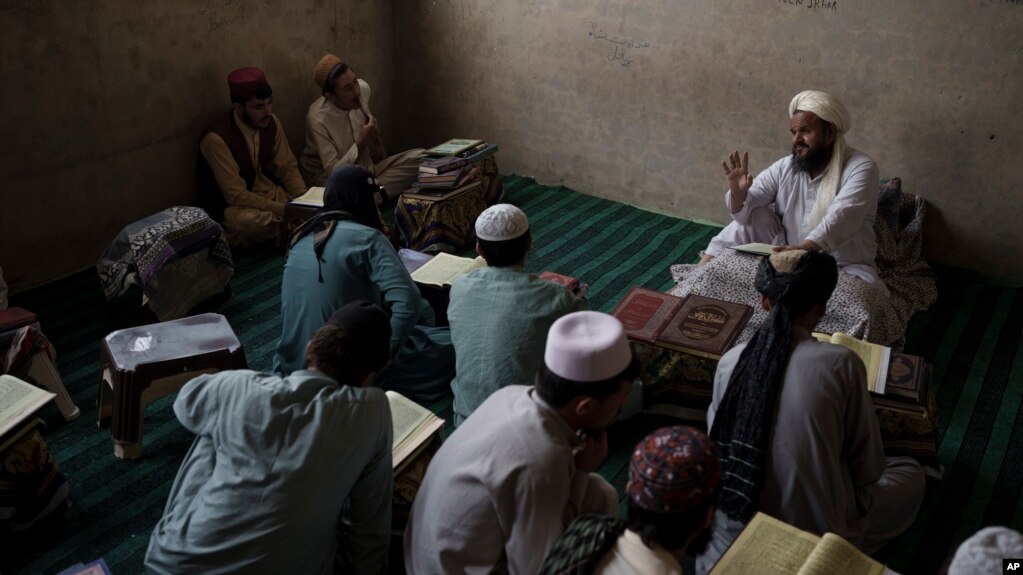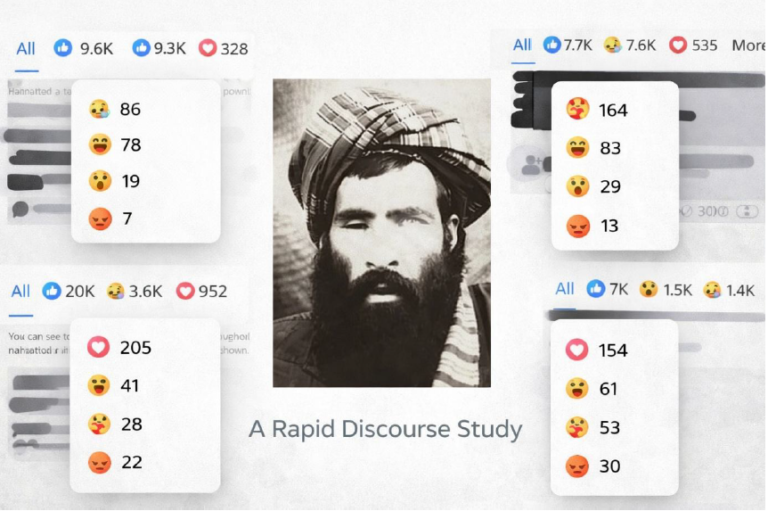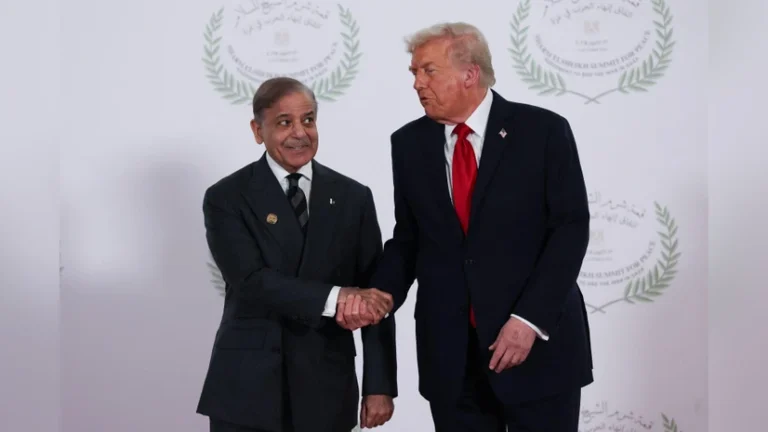Advancing Solutions for a Peaceful and Democratic Afghanistan
The Afghanistan Center for the Study of Terrorism and Democracy (ACSTD) is a think-and-do tank advancing solutions to combat terrorism and promote democracy.
Our Mission
We deliver evidence-based research, strategic advisory, and capacity development that inform policy, strengthen institutions, and create inclusive spaces for dialogue, helping partners address critical challenges such as terrorism and pressing issues such as democratization in Afghanistan and the region.
Our Vision
To help build a future where Afghanistan secures its rightful place in the global community as a peaceful, democratic, and thriving nation — free from terrorism and extremism, with empowered citizens and resilient institutions.
Why we exist!
Afghanistan stands at a pivotal moment, shaped by decades of conflict and a deep divide between extremism and democratic aspirations. At ACSTD Consulting, we believe the most effective solutions for Afghanistan are rooted in local realities. Independent, Afghan-led, and grounded in reality, we bring together research, strategy, and implementation to support more effective responses to the region’s most pressing challenges. Our team bridges the gap between policy and practice, offering fresh thinking, actionable solutions, and long-term partnerships that advance peace, democracy, and resilience.
Latest Publication
Our Core Values
Integrity
ACSTD upholds ethical standards, ensuring transparency and accountability in its operations to build lasting trust with partners, collaborators, and Afghanistan’s broader community.

Collaboration
We believe lasting solutions emerge through collective effort. ACSTD actively collaborates with local actors, diaspora experts, and international partners to co-create context-aware strategies that address Afghanistan’s evolving challenges.

Impact
ACSTD is purpose-driven, turning research into practical recommendations that shape policy and practice. We generate knowledge that empowers change and advances ACSTD’s strategic goal of building a more peaceful, just, and resilient Afghan society.

Inclusivity and Equality
ACSTD confronts deep-rooted divisions by amplifying voices often silenced or sidelined. We work to bridge social, political, and ideological divides—fostering a more inclusive, representative, and united Afghan future.


Independence
ACSTD operates with autonomy, ensuring all activities remain impartial and free from political, ideological, or financial influence. Our analysis is driven by evidence, relevance, and the public good.


Integrity
ACSTD upholds ethical standards, emphasizing transparency and accountability to foster trust with partners and the community.

Collaboration
ACSTD partners with stakeholders to address terrorism and democratization, fostering diverse solutions for Afghanistan and the region.

Impact
ACSTD delivers actionable research on democracy, terrorism, and conflict, driving lasting change in Afghanistan’s policy and practice.

Inclusivity and Equality
ACSTD amplifies marginalized voices to foster a more inclusive and democratic society.

Independence
ACSTD ensures impartial, evidence-based work free from external influence.
Policies and Commitments
At ACSTD, our policies and commitments reflect more than compliance. They express our values, vision, and responsibility as an Afghan-led organization working in fragile and conflict-affected environments. Each policy sets out clear standards of conduct, accountability, and ethics to guide our work, protect those we serve, and build trust with our partners. Together, these commitments ensure that ACSTD operates with integrity, inclusivity, and professionalism in everything we do.
Our Expertise
Research and policy advice
ACSTD delivers practical, evidence-based research to support informed policymaking on ACSTD-centered matters. Our work draws on local knowledge and global insights to provide context-aware recommendations for national and international actors. We aim to support more effective and inclusive strategies that respond to Afghanistan’s evolving realities.
Capacity development and strategic engagement
ACSTD works to strengthen the skills, knowledge, and confidence of Afghan students, researchers, civil society actors, and institutions through focused training, mentorship, and partnerships. Also, we actively engage with local and international stakeholders to translate insights into action—bridging research, policy, and practice. Through partnerships and strategic collaboration, we aim to shape meaningful, informed responses to Afghanistan’s urgent challenges, ensuring that evidence-based solutions lead to practical, inclusive, and sustainable change.
Constructive dialogue and debate
We facilitate open, inclusive discussions on key national and regional issues. By including diverse voices—from youth and civil society to policymakers and academics—we create space for thoughtful exchange, mutual understanding, and collaborative problem-solving. Our dialogues foster a more inclusive understanding of Afghanistan’s challenges and the pathways to peace and stability.

